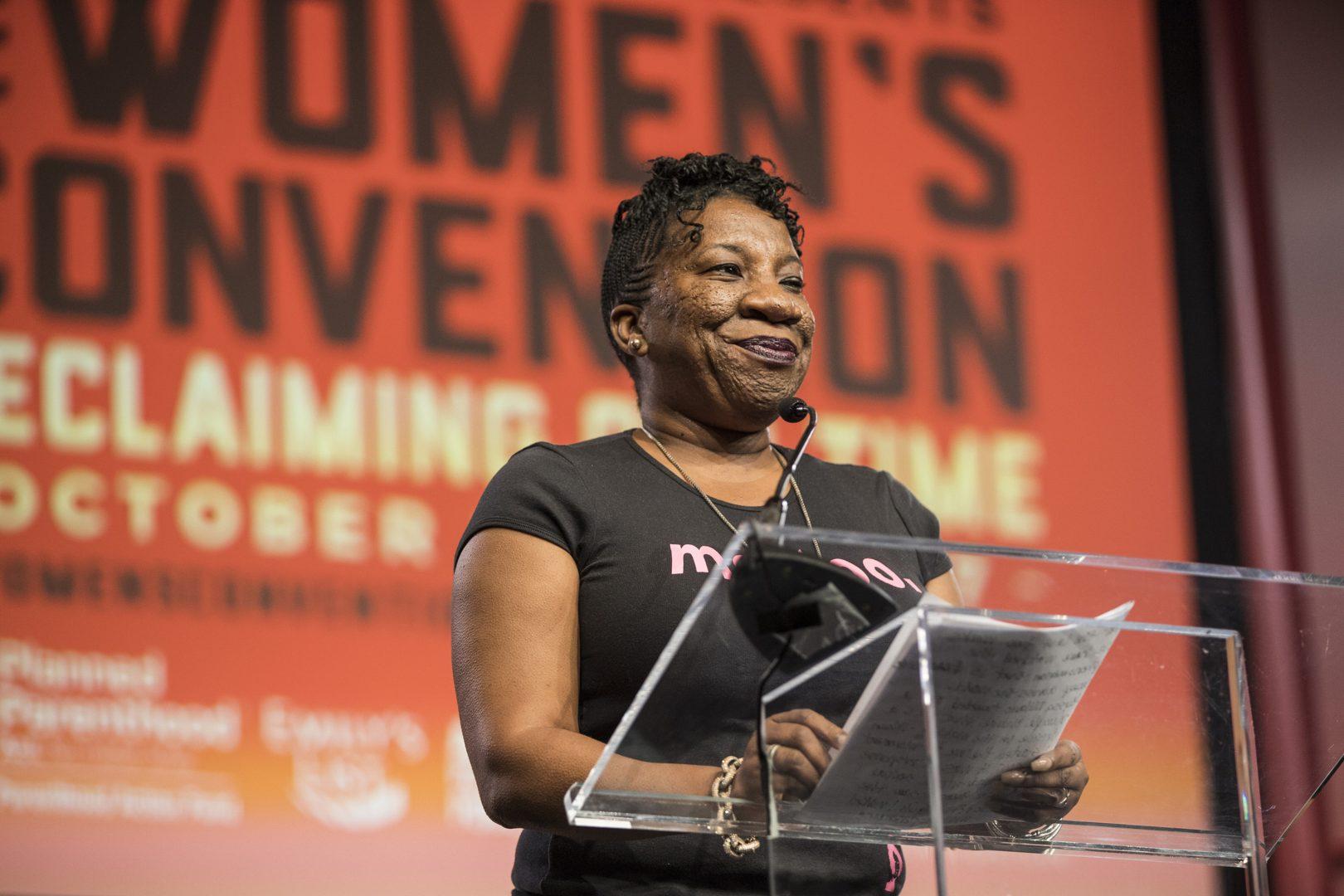The #metoo movement’s popularity as a hot topic in the news and throughout social media platforms seems to have subsided over the past few months.
With celebrities, comedians and politicians being accused of sexual harassment left and right over the past two to three years, like Harvey Weinstein in 2017 and Supreme Court Justice Brett Kavanaugh in 2018, it’s clear that the public has had a lot to say about the matter.
Bringing together women of all ages, the movement has proved that solidarity is what will demonstrate to society that sexual assault and sexual harassment are real problems that need to be confronted.
Whether an individual decides to come forward and speak up about something they experienced as a child, or talk about a recent event that occurred in their life, the #metoo movement is an opportunity for those affected to join in solidarity, and find strength in numbers.
Activist Tarana Burke, founder of the #metoo movement in 2006, and actress Alyssa Milano, creator of the #metoo hashtag on Twitter in 2017, are both advocates who have championed the idea that it is not the perpetrators, but the victims who should be the focus of the discussion.
By raising awareness of the sexual assault problem, which has regularly been dismissed in the past through victim-blaming, while glorifying and protecting the perpetrators or attackers, Burke and Milano initiated a change in the way the public perceives sexual assault.
Through this social movement, victims have found support. Individuals began stepping up to publicly state that they too have dealt with the same issues and experiences as other survivors of sexual violence.
The fact that Burke’s movement began in 2006 in no way diminishes its importance for survivors across the nation, who have been able to find some comfort in unity.
Furthering the conversation of how the public deals with sensitive topics, like sexual assault, is the first step necessary to change the way people treat other behind closed doors.
The #metoo movement is not intended to convict men or women who act on their sexual desires. It is a movement which asserts that consent should be a nationwide conversation, as well as an agreement between one partner and another. Everyone deserves at least that much.




